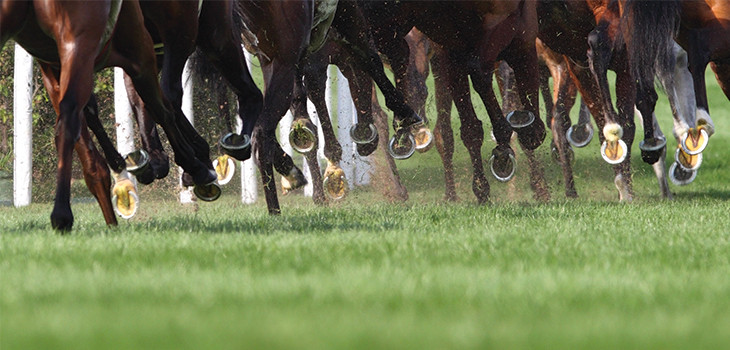
- Practitioners are often asked by insurers, funders and clients to provide a percentage rating how likely a case is to succeed or fail. Determining this percentage is very difficult, and often results in an arbitrary or misleading figure.
- Language is just as important as numbers, if not more so, in conveying the key information which is likely to affect the outcome of a case.
Nowadays, in modern commercial litigation, practitioners are frequently asked to predict the outcome of a case, issue or application in the form of a mathematical percentage. General counsel often ask for percentages for their own internal purposes, and the growth of the after the event (ATE) and litigation funding markets has also required lawyers to offer percentages, as many insurers and funders insist on a minimum percentage before agreeing terms. For any competent practitioner, offering a mathematical percentage is often an aspect of preparing any opinion that creates anguish, not least because









